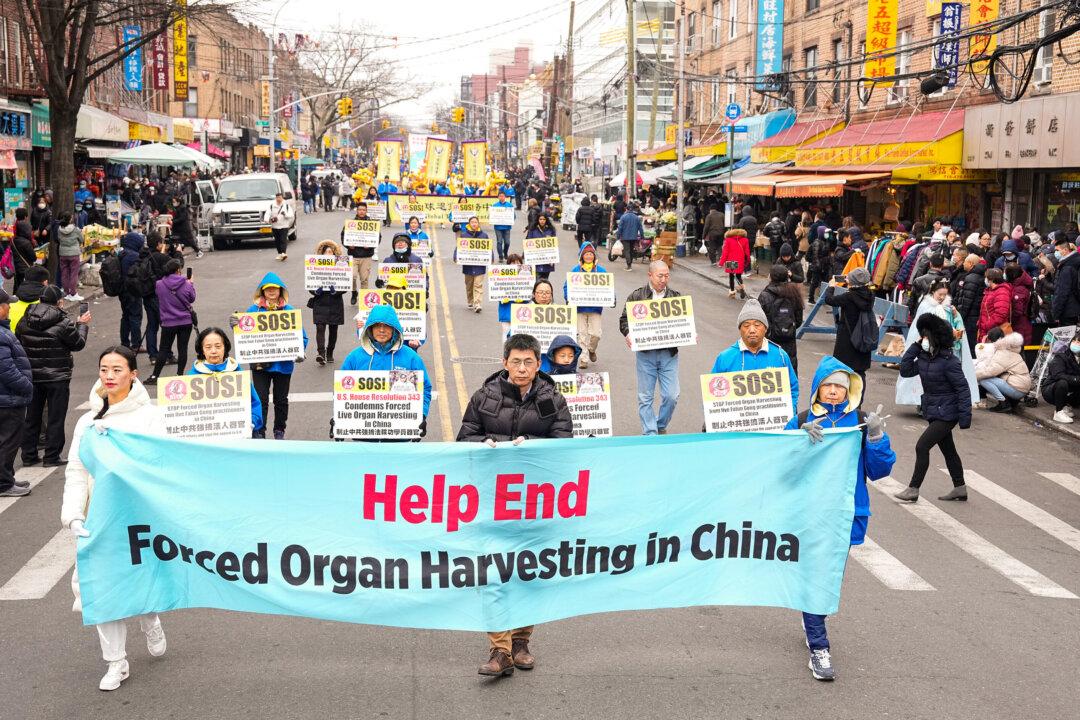Commentary
Arguably one of the most important documents in the history of modern civilization, the Universal Declaration of Human Rights arose from the ashes of genocide after World War II.

Arguably one of the most important documents in the history of modern civilization, the Universal Declaration of Human Rights arose from the ashes of genocide after World War II.